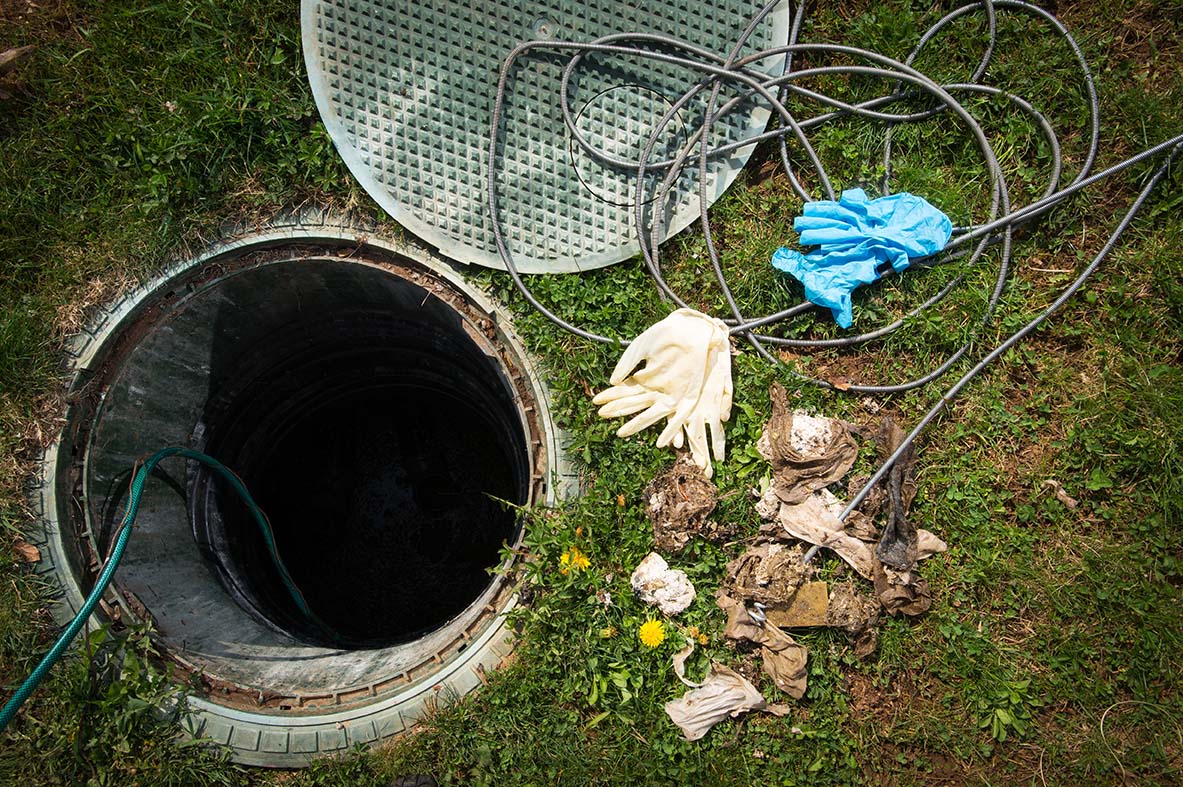The septic drain field has the biggest influence on the life expectancy of any septic system. It is the most expensive component of any system and the costliest and most difficult repair to make if it fails.
Catch problems before they get to the drain field
The most common septic tank failures happen when bacteria and septic tank enzymes are killed off in normal septic tanks and aerobic septic tanks by harsh household cleaning chemicals or strong medications homeowners are taking for a serious illness.
Be sure you’re not flushing or putting down the drain anything non-biodegradable like diapers, feminine hygiene products, cigarette butts, dental floss, wet wipes, and cotton swabs. These materials can clog the tank and the drain field.
When your funky bacteria gets out of balance, use our Septic Fizzytabs to keep your septic system trouble-free. Each environmentally friendly tablet releases millions of beneficial bacteria into the wastewater system that enhance the natural populations and replace those killed by antimicrobial soaps and other harsh chemicals. Bacteria digest the excessive grease, fat, protein, starch and other organic compounds that accumulate.
Solids in the drain field
Another problem is when septic tank pumps, septic filters, and septic tank aerators break down. All these situations allow septic tank sludge to escape from the septic tank and overload the drain field with solids causing the biological material to become out of balance.
If you're seeing too many solids in the drain field, this could be a developing problem. Leaving it for too long could result in the need to replace the drain field.

